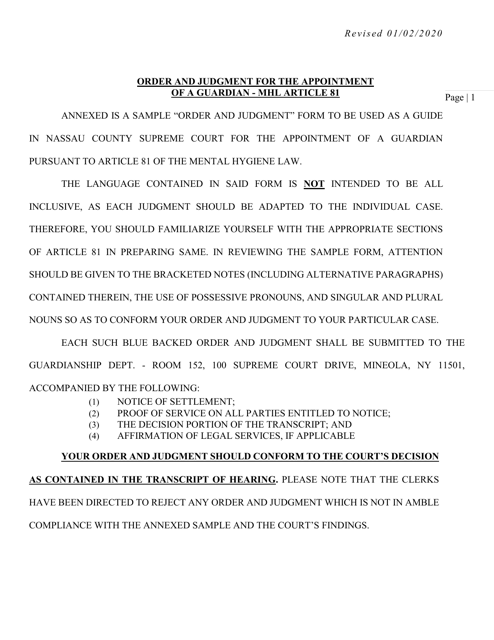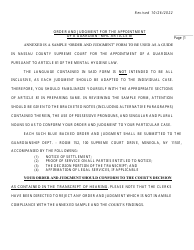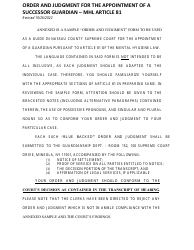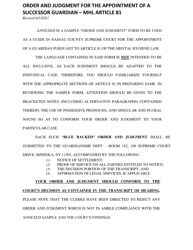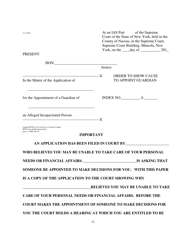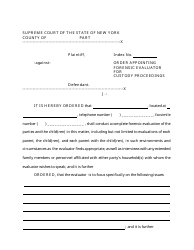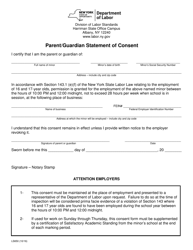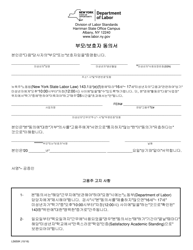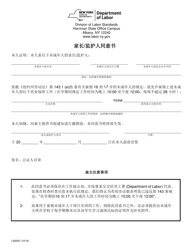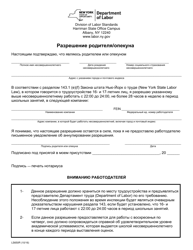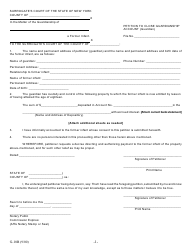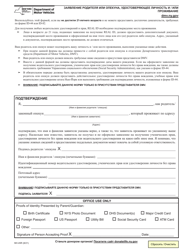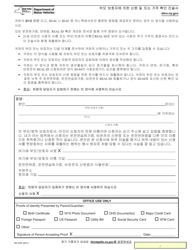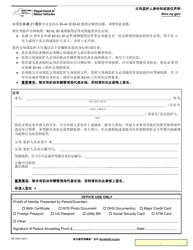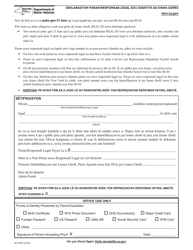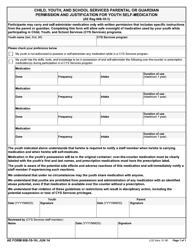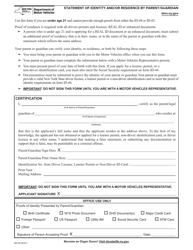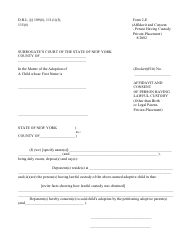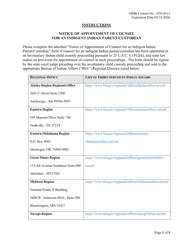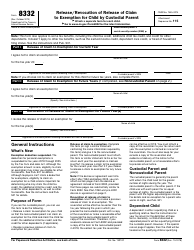This version of the form is not currently in use and is provided for reference only. Download this version of
the document
for the current year.
Order and Judgement Appointing Guardian - Nassau County, New York
Order and Judgement Appointing Guardian is a legal document that was released by the New York Supreme Court - a government authority operating within New York. The form may be used strictly within Nassau County.
FAQ
Q: What is an Order and Judgment Appointing Guardian?
A: An Order and Judgment Appointing Guardian is a legal document issued by a court that designates a person or entity to act as a guardian for an individual who is unable to make personal or financial decisions on their own.
Q: What is the purpose of an Order and Judgment Appointing Guardian?
A: The purpose of this document is to protect the well-being and interests of individuals who are deemed incapacitated or unable to effectively make decisions for themselves.
Q: Who can be appointed as a guardian?
A: A court may appoint a family member, a close friend, or a professional guardian to serve as a guardian, depending on the circumstances and the best interests of the incapacitated individual.
Q: What are the responsibilities of a guardian?
A: The responsibilities of a guardian typically include managing the financial affairs of the incapacitated individual, making decisions regarding their personal care and medical treatment, and advocating for their best interests.
Q: How does someone obtain an Order and Judgment Appointing Guardian?
A: To obtain an Order and Judgment Appointing Guardian, an interested party must file a petition in court providing evidence of the individual's incapacity and proposing a suitable guardian. The court will evaluate the evidence and make a determination.
Q: Is an Order and Judgment Appointing Guardian permanent?
A: The appointment of a guardian is not always permanent. The court may periodically review the guardian's performance and the incapacitated individual's condition to determine if a change or termination of guardianship is necessary.
Q: Does an Order and Judgment Appointing Guardian apply to all decisions?
A: The scope of authority granted to a guardian can vary depending on the court's order. Some guardians may have authority over both personal and financial matters, while others may be limited to specific areas.
Q: Are there any alternatives to guardianship?
A: Yes, there are alternatives to guardianship such as power of attorney, advance directives, or supported decision-making agreements. These options aim to allow individuals to maintain some level of decision-making capacity while still receiving support and assistance.
Q: Can a guardian be removed or replaced?
A: Yes, a guardian can be removed or replaced if they fail to fulfill their duties, act contrary to the best interests of the incapacitated individual, or if circumstances change that warrant a different guardian.
Q: What happens if there is a dispute over the appointment of a guardian?
A: If there is a dispute over the appointment of a guardian, interested parties can present their arguments and evidence to the court, and the court will make a decision based on what is in the best interests of the incapacitated individual.
Form Details:
- Released on January 2, 2020;
- The latest edition currently provided by the New York Supreme Court;
- Ready to use and print;
- Easy to customize;
- Compatible with most PDF-viewing applications;
- Fill out the form in our online filing application.
Download a printable version of the form by clicking the link below or browse more documents and templates provided by the New York Supreme Court.
